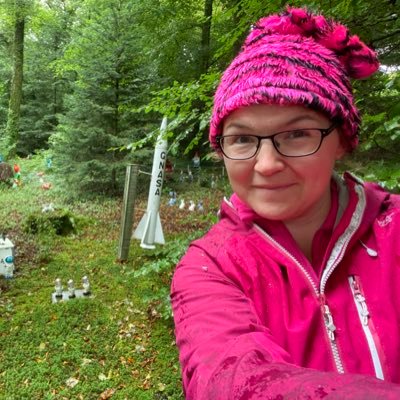Saturday January 11, 2025 15:30 - 16:20 GMT
Speakers 
Science teacher, author and consultant, Educake
I am a chemistry teacher who has worked at management level in a variety of settings including comprehensive, grammar and independent schools in the Midlands. I am also an academic author with over 30 published titles. I have an interest in innovative pedagogy and am a keen advocate...
Read More →
Educake is an award-winning online assessment and revision platform for KS2, KS3 and GCSE. Educake can help you do more teaching, by saving you time on setting homework, marking and analysing results: specification-matched tests can be set in seconds. You get immediate insights into...
Read More →
Saturday January 11, 2025 15:30 - 16:20 GMT
ESLC C13

